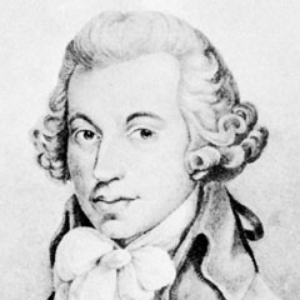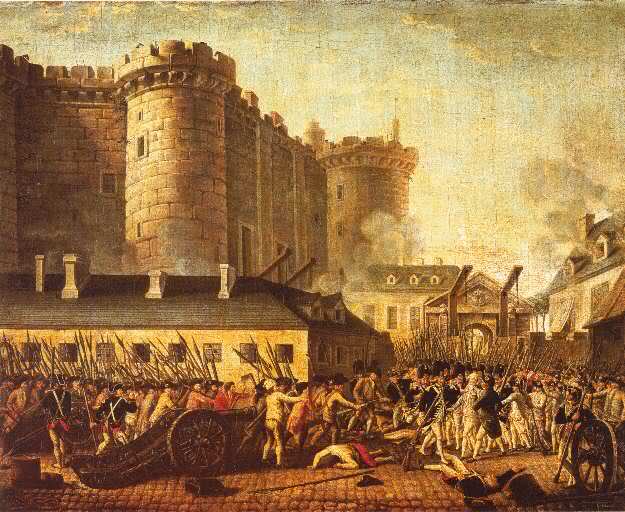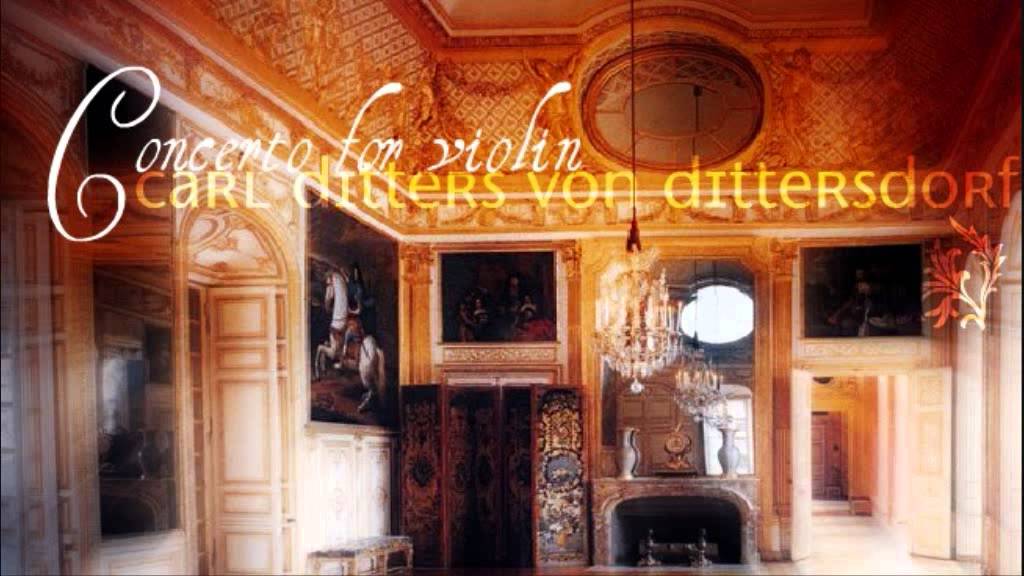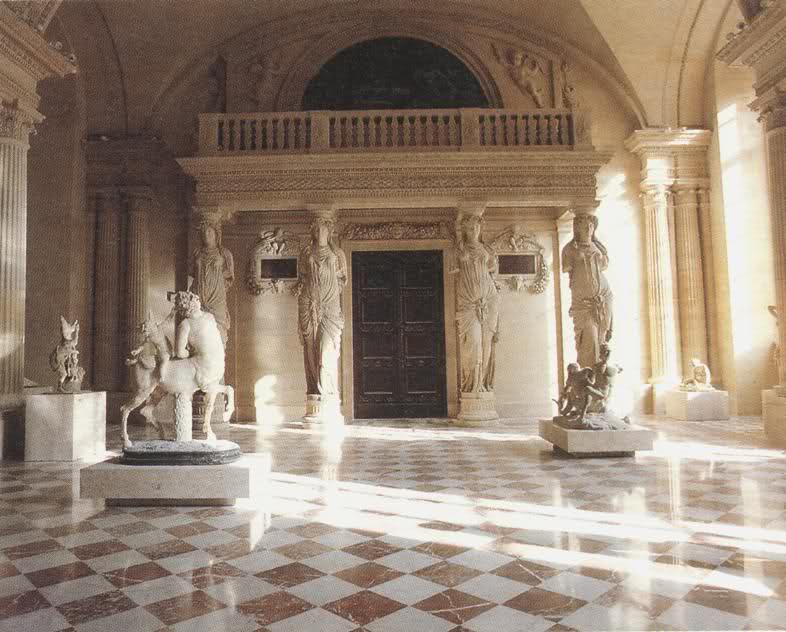Despite his unusual name, the music of Carl Ditters von Dittersdorf is quite traditional, although he wrote for instruments not generally seen as great for solo performances. Take, for example, his concerto for double bass. You can expect Doom and gloom, right? Perhaps a conversation Eeyore might have with Mr. Snuffleupagus from Sesame Street? The double bass may sound low and somber and sad, but Dittersdorf’s Double Bass Concerto is as lively as a double bass can get. One reason for this is that it’s written in E flat major, not a minor key. But why did Dittersdorf choose to write a concerto for double bass, I wonder. And how did it survive until today, leaving him a legacy of gratitude from all the oft ignored double bass players in every symphony across the world? Listen and you can decide for yourself whether it’s worthy of remembrance. I think it is.

Dittersdorf also wrote a duet for viola and double bass. I can’t think of any other instrument that has been more ignored than perhaps the viola. We tend to focus on violin concerti as listeners (and performers), but the viola gets a bad rap for no reason. It’s slightly bigger than a violin and its tone is rich and warm and full. Maybe I’m biased because my father was a viola player in the Dallas Symphony for many years, but I think it’s lovely. You can listen to the duet and see if you agree with me. I think it’s regal and lively and uplifting.
Dittersdorf’s Journey
Young Carl showed talent on the violin at an early age and performed in the orchestra at St. Stephen’s in Vienna. Prince Joseph Frederick, who was a disastrous soldier but a great patron of the arts, noticed him there and took him at age 11 to be in his private orchestra. Young Ditters developed some bad habits during the Seven Years’ War and fled to avoid his gambling debts. After briefly playing for the Vienna Opera, he joined his friend Gluck in Italy. Next, he found great success as a concert violinist and reveled in it, traveling and being recognized as Europe’s primo virtuoso. If he was a bit wild and fancy free, we can chock that up to his age — he was only 23 when he toured Italy and his experiences during the Seven Years’ War had left him somewhat lax when it came to morals. To have such talent and notoriety at such an early age makes him more like Justin Bieber or Lindsay Lohan, to place him in contemporary terms. Fame does strange things to people.

When he was hired to conduct the orchestra of the bishop of Grosswardein, a Hungarian magnate, he set up a stage at the episcopal palace for his first opera buffa, Amore in Musica. But performing comic opera at what was essentially a church did not sit well with Empress Maria Theresa (Marie Antoinette’s mom). She scolded the bishop, and in a fit of anger, Dittersdorf dismissed his entire orchestra.
His continued friendship with Gluck and Haydn allowed Dittersdorf to be remembered to this day as a great storyteller (check out his Metamorphoses) and composer. He’s especially remembered for his comic opera (opera buffe) and his sonatas. But all of his work is cheerful and lively and uplifting. It makes me want to skip and dance. In fact, I think I’ll go put on some Dittersdorf and skip down the sidewalk with my grandchildren and think fondly of this creative genius.

Six Symphonies after Ovid’s Metamorphoses:
The Four Ages of the World (gold, silver, bronze, and iron)
The Fall of Paeton
The Transformation of Actaeon into a Stag
The Rescuing of Andromeda by Perseus
The Petrification of Phineus and his Friends
The Transformation of the Lycian Peasants into Frogs
In 1786 his comic opera Der Apotheker und der Doktor (The Pharmacist and the Doctor) was an amazing success, and he shot to fame once again. He composed eight more comic operas over the next five years. These were considered singspiele, which means it had spoken dialogue and folk elements mixed in with normal opera style elements. Mozart was directly influenced by Dittersdorf’s singspiele, which is high praise indeed!
Dittersdorf is the only composer I know of who wrote his own autobiography. I’ll bet there are some great stories in it that would make us all laugh — where else would he have gotten all those ideas for comic operas?

https://en.wikisource.org/wiki/1911_Encyclop%C3%A6dia_Britannica/Dittersdorf,_Karl_Ditters_von
http://www.allmusic.com/artist/karl-ditters-von-dittersdorf-mn0001636413/biography
To learn more about Charlotte Mason’s living educational principles and how to apply them to music study, I hope you will consider purchasing my book, A Touch of the Infinite.
Thank you for this wonderful intro! We have been enjoying Dittersdorf so much for this term’s composer study. I also am interested in reading the biography you linked to. It sounds like it could be interesting! Thank you for this website and I hope to pick up your book soon. I heard an interview you gave about the book and it gave me chills to learn how the Lord worked through you to bring insight and direction on CM music study.
LikeLike
Thank you! It was pretty amazing and such an honor. 😊
LikeLike